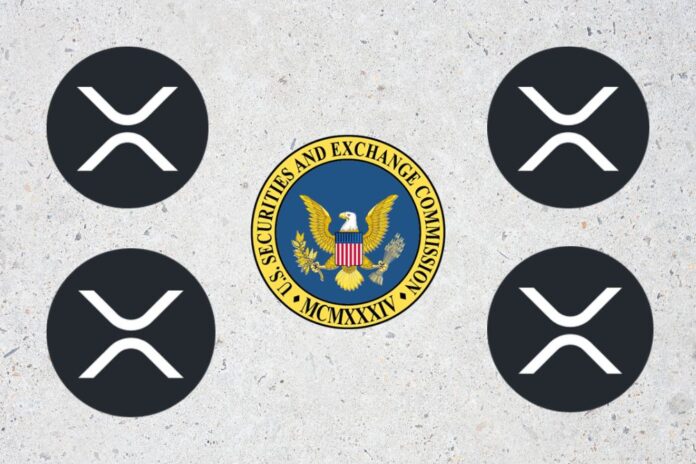The recent ruling by Southern District of New York District Judge Jed Rakoff in the SEC v. Terra lawsuit has garnered significant attention within the crypto community. Contrary to popular belief, the General Counsel at Crypto Council for Innovation argues that Judge Rakoff’s decision does not contradict the precedent set by the Ripple case.
Judge Rakoff’s verdict, which deviated from Judge Analisa Torres’s decision by refusing to differentiate between institutional and retail sales, has sparked discussions among legal experts. Ripple’s Chief Legal Officer Stuart Alderoty and others have offered their perspectives, with some asserting that Judge Torres’ summary judgment has been undermined.
Read Also: Ripple Attorney Withdraws from XRP Lawsuit. Here’s why
However, Ji Kim, the General Counsel at Crypto Council for Innovation, has presented a counterpoint. Kim contends that the Terra ruling does not refute Judge Torres’s determination that investment contracts categorize as securities, rather than the underlying assets themselves.
In Kim’s view, the Terra Judge concurred with the notion that crypto-assets do not inherently constitute investment contracts.
1/ There’s been a lot of commentary regarding J. Rakoff’s opinion in Terra, but there is nothing in there that contradicts J. Torres’ ruling in Ripple that the investment contract is the security, NOT the underlying crypto asset.
— Ji Kim (@_jikim) August 1, 2023
To support his argument, Kim cites excerpts from Judge Rakoff’s ruling, drawing a parallel to the famous Howey case involving orange groves. Just as the orange groves would not be considered securities when sold separately from profit-sharing agreements, Judge Rakoff argues that crypto-assets can only be deemed securities if they are intertwined with investment protocols.
We are on twitter, follow us to connect with us :- @TimesTabloid1
— TimesTabloid (@TimesTabloid1) July 15, 2023
Additional Insights on the Terra Ruling
Kim further shares noteworthy aspects of Judge Rakoff’s ruling. One such aspect is that the judge did not address whether crypto tokens initially sold as investment contracts under the Howey framework retain that classification when traded on digital exchanges.
Moreover, the judge did not explore the possibility of digital exchanges being parties to investment contracts when there is no direct relationship between them, token issuers, or secondary market traders.
According to Kim, the judge’s focus was on determining whether the token issuer marketed the crypto asset in a manner that could lead investors to believe their investments would yield substantial returns in the future.
Kim is clear in emphasizing that Judge Rakoff’s decision is not binding on other courts. He urges readers to interpret Judge Rakoff’s ruling on secondary market sales within the context of the Terra case alone.
Read Also: Billionaire Mark Cuban: Ripple Made It Clear in XRP Lawsuit That Not All Buyers Are Investors
Clarity Through Congressional Action
In conclusion, Kim highlights the inevitability of differing conclusions among judges based on the underlying facts. This serves as a compelling reason for Congress to take action in enacting legislation that brings clarity to the crypto regulatory landscape.
Kim cites the progress made with the MS bill, advanced by the HFSC and HouseAg, as a significant step towards achieving this goal.
Ji Kim noted:
“Lastly, J. Rakoff’s decision is ofc not binding on other district court judges. Imo his discussion on the secondary market should be read in the context of the specific asset and transactions in this case, rather than as a general rule.
“As a general matter, judges and cts may come out w/ diff conclusions depending on the underlying facts. This is even more reason for Congress to act on legislation to bring clarity. The HFSC and HouseAg advancing the MS bill was a big first step in this regard.”
Follow us on Twitter, Facebook, Telegram, and Google News


